Eco-Friendly Animals and How They Save the Planet
Eco-friendly animals play a vital role in our ecosystem by helping to maintain environmental balance, support biodiversity, and contribute to the health of our planet in several ways. Here are some of the most eco-friendly animals and the different ways in which they help save the planet.
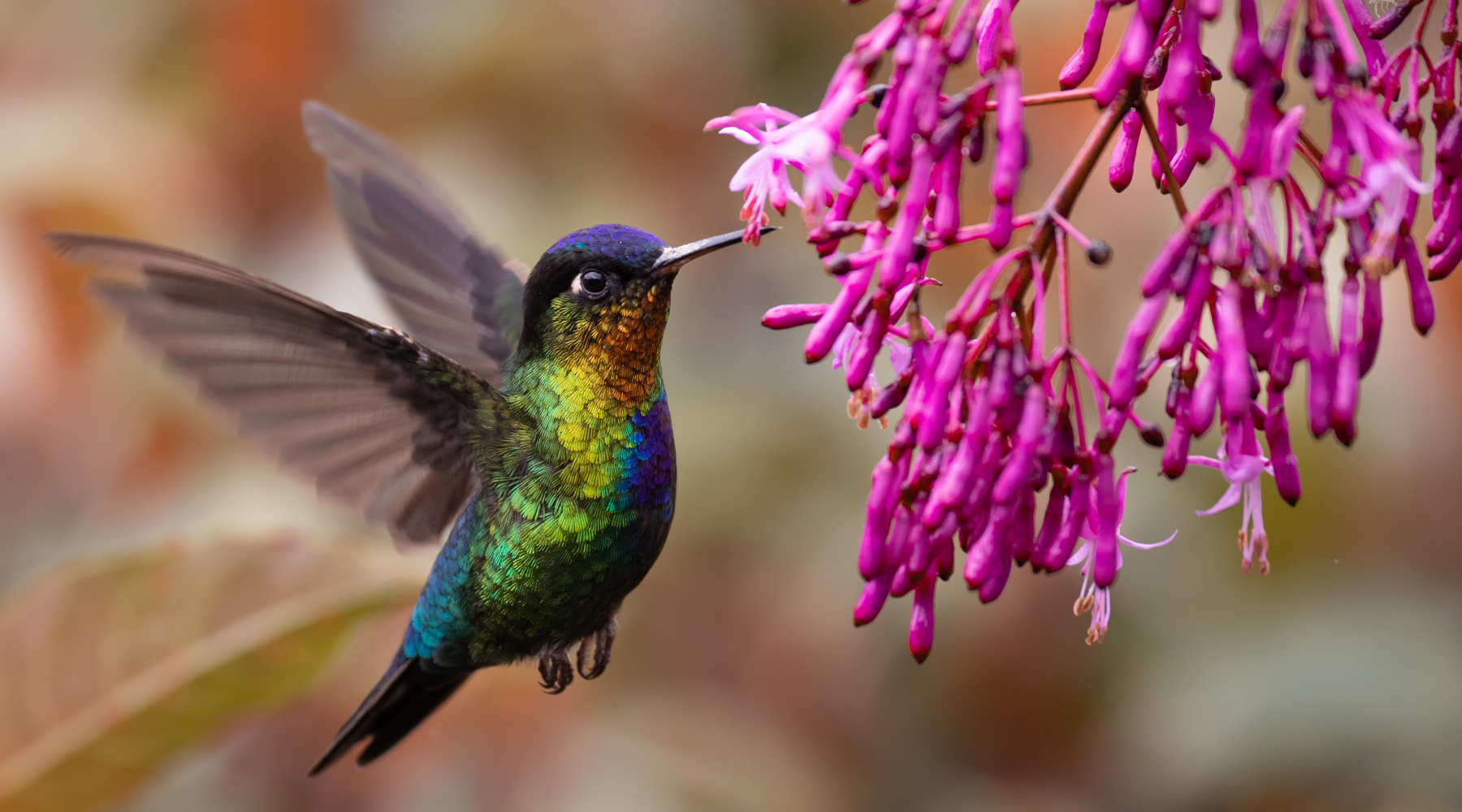
15 Eco-Friendly Animals
1. Bees and Pollinators: Pollination
Pollinators such as bees, butterflies, hummingbirds, and bats are crucial for the pollination of many plants, including those that provide us with fruits, vegetables, and nuts. Pollination not only supports food production for humans but also for wildlife, contributing to a healthy ecosystem.
2. Earthworms: Soil Health
Earthworms are known as "nature's plow" because they play a key role in improving soil structure and fertility. They decompose organic material, which enriches the soil with nutrients and improves its ability to absorb water. This can also help in the fight against soil erosion.
3. Elephants: Nature's Gardeners
Elephants are known as nature's gardeners, and for good reason! As a keystone species, they consume a wide variety of plants and disperse seeds through their dung over large distances, helping to regenerate forests and maintain plant diversity.
4. Whales: Climate Regulators
Whales play a significant role in combating climate change. Through their feeding and excretion, they circulate nutrients in the ocean, supporting the growth of phytoplankton, which absorbs significant amounts of CO2 from the atmosphere and produces a large portion of the Earth's oxygen.
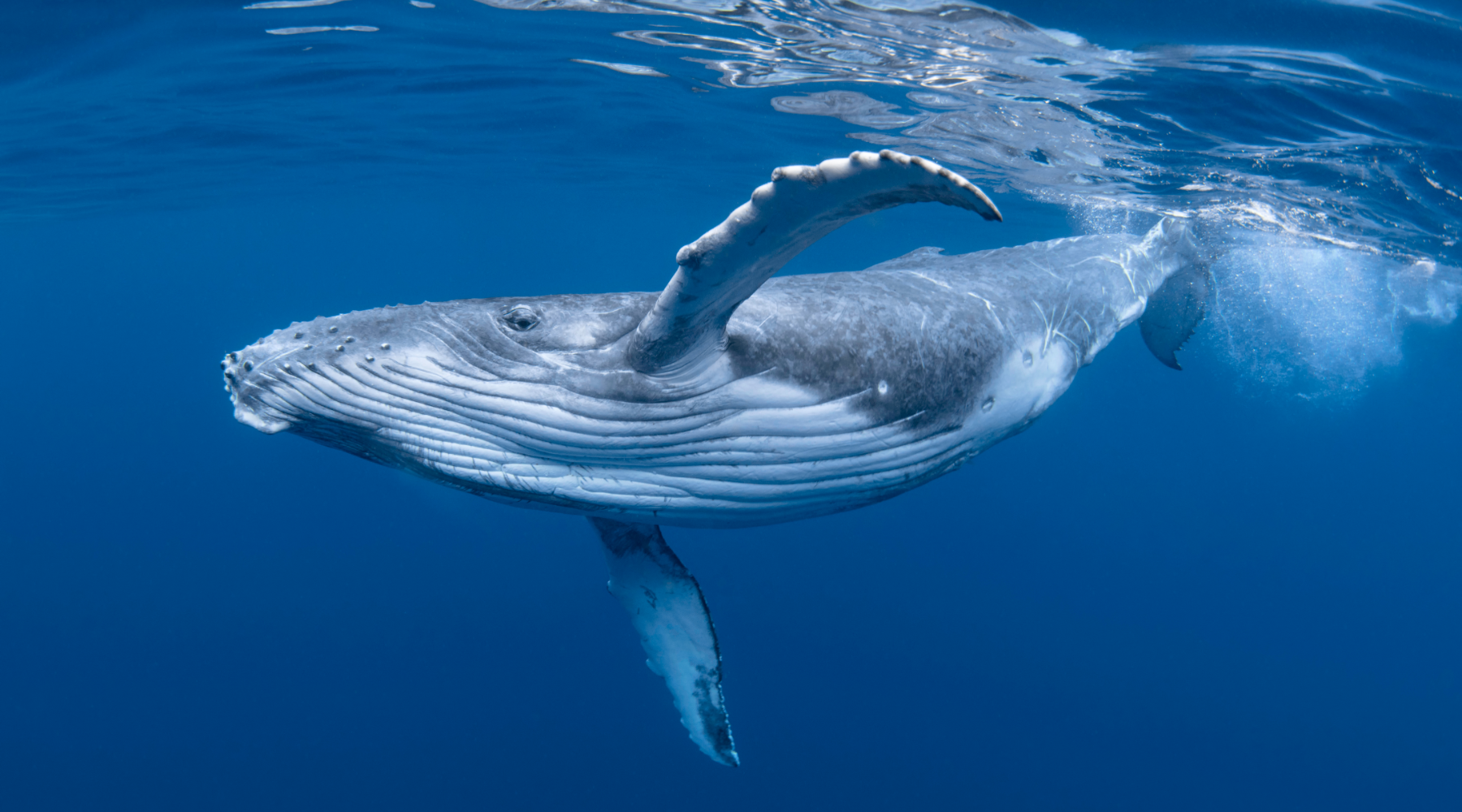
5. Birds: Pest Control and Seed Dispersion
Many bird species help control pest populations, reducing the need for chemical pesticides. As pesticides are toxic to many creatures, including bees, natural pest control is much better for our planet. Birds also disperse seeds, contributing to the regeneration of forests and other habitats.
6. Bats: Pest Control and Pollination
Bats consume vast amounts of insects nightly, acting as natural pest control, which benefits agriculture. Some species also pollinate plants, playing a critical role in the production of fruits that support local economies and ecosystems.
7. Fish: Coral Reef Health
Certain fish species, such as parrotfish, help maintain the health of coral reefs by controlling algae populations. Healthy coral reefs provide critical habitats for many marine species and protect coastal areas from erosion.
8. Turtles and Tortoises: Seagrass Meadows and Seed Dispersion
As both consumers and prey, turtles and tortoises play pivotal roles in their ecosystems, helping to maintain healthy, balanced environments. In marine settings, sea turtles graze on seagrass, preventing it from growing too tall and decaying, which ensures these underwater meadows remain healthy nurseries for countless marine species. On land, tortoises act as seed dispersers, consuming vegetation and excreting the seeds far from the parent plant.
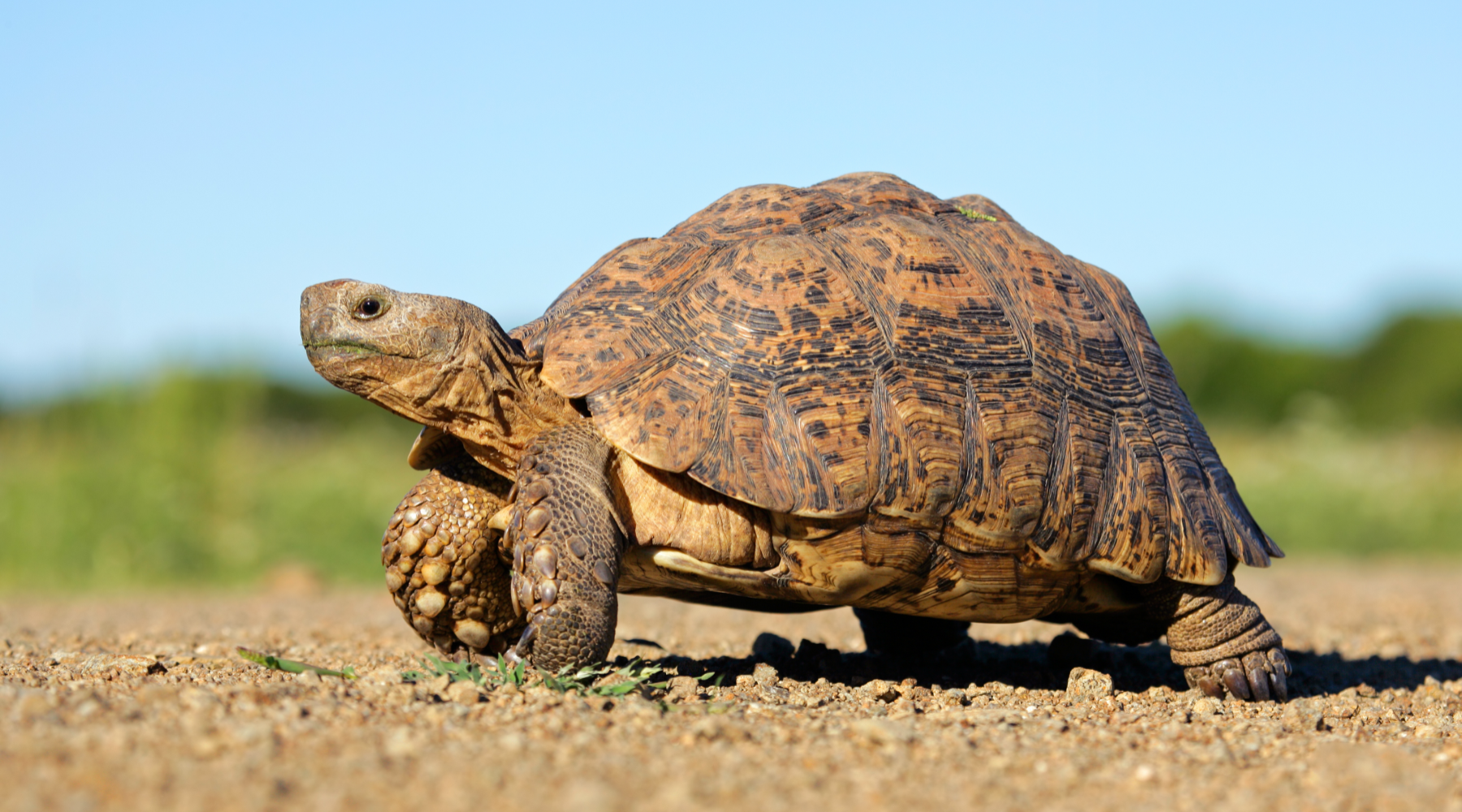
9. Wolves and Large Predators: Trophic Cascade Effect
The presence of apex predators such as wolves and sharks in an ecosystem can lead to a series of trophic cascades that benefit multiple ecological layers. For example, the reintroduction of wolves to Yellowstone National Park has helped regulate deer and elk populations, leading to the recovery of vegetation and the stabilization of riverbanks, which in turn supports a wider range of wildlife.
10. Sea Otters: Kelp Forest Guardians
Sea otters play a crucial role in the health of kelp forests by preying on sea urchins that, if left unchecked, can cause significant damage to these underwater ecosystems. Kelp forests not only provide habitat for a multitude of marine species but also sequester large amounts of CO2, contributing to climate regulation.
11. Beavers: Nature's Water Architects
Beavers, often hailed as nature's engineers, play a crucial role in maintaining and enhancing ecosystems in a manner that profoundly benefits the planet. By building dams across streams, they create wetlands—a vital habitat for a myriad of species, a natural sponge for carbon dioxide, and effective flood control systems.
12. Squirrels: Forest Planters
By burying nuts and seeds, which they sometimes forget to retrieve, squirrels inadvertently contribute to the planting of new trees. This behavior aids in forest regeneration and expansion, enhancing carbon sequestration and habitat availability.
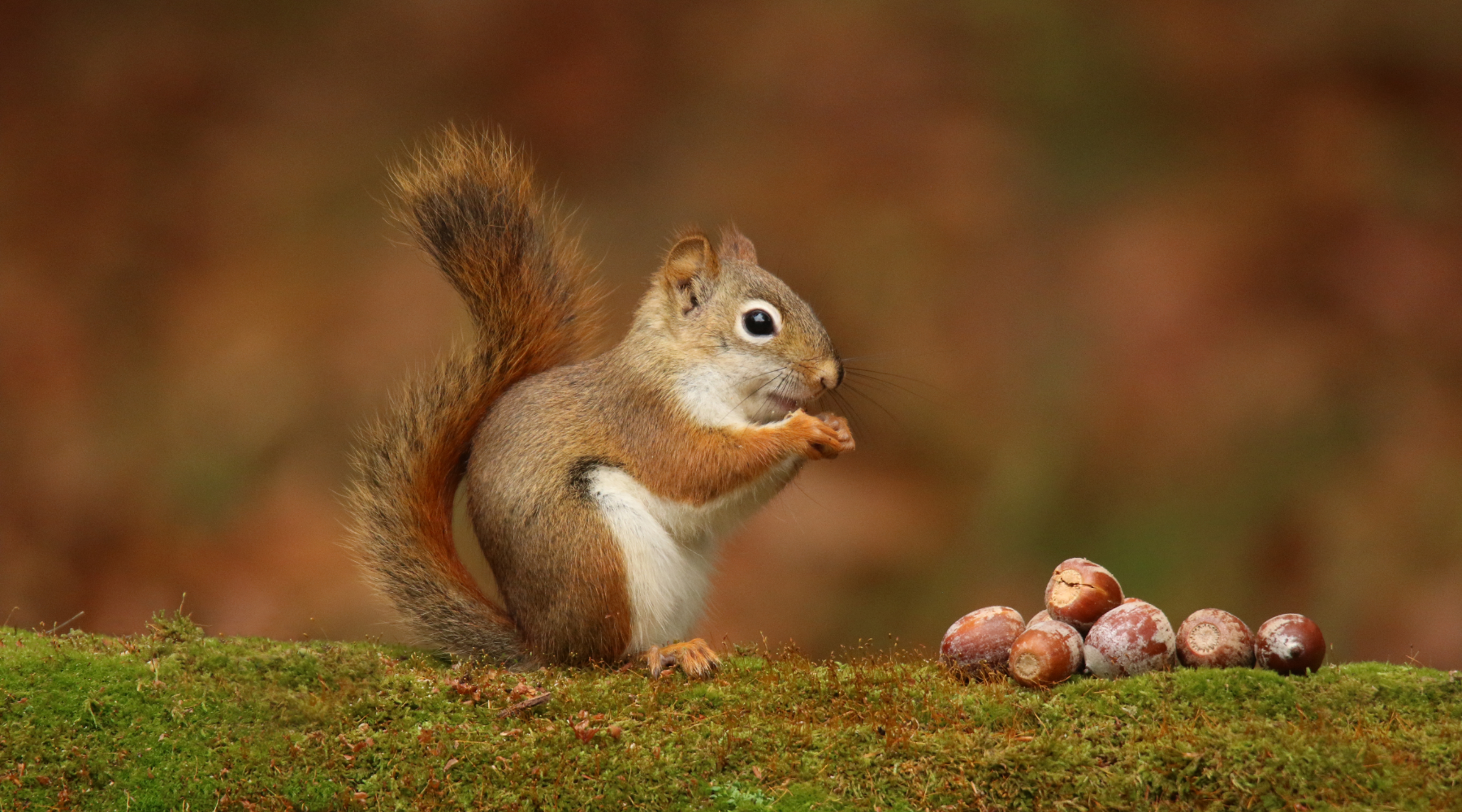
13. Ants: Soil Engineers
Ants are critical to soil health, much like earthworms. They aerate the soil, mix nutrients, and help in seed dispersal. Their tunneling improves soil structure, promoting water infiltration and root growth for plants.
14. Bison and Grazers:Landscape Management
Large grazers, such as bison and wildebeest, play a significant role in maintaining healthy grasslands by preventing any single plant species from dominating and encouraging biodiversity. Their grazing helps cycle nutrients through the ecosystem and can increase the land's carbon storage capacity.
15. Insects: Biodiversity Support
Beyond pollinators, many insects contribute to the health of ecosystems through their roles as decomposers, prey for other species, and participants in the nutrient cycle. Their vast diversity and sheer numbers make them foundational to food webs.
These eco-friendly animals all play an important part in helping the planet and mainting ecological balance. The loss of any single species can have cascading effects on the environment, highlighting the necessity of biodiversity for the health of the planet. Protecting these animals and their habitats ensures the continuation of their eco-friendly roles and supports the overall health of our planet. BeCause Tees are proud to support ecological nonprofits that support important creatures such as our pollinators - shop our nature apparel today!

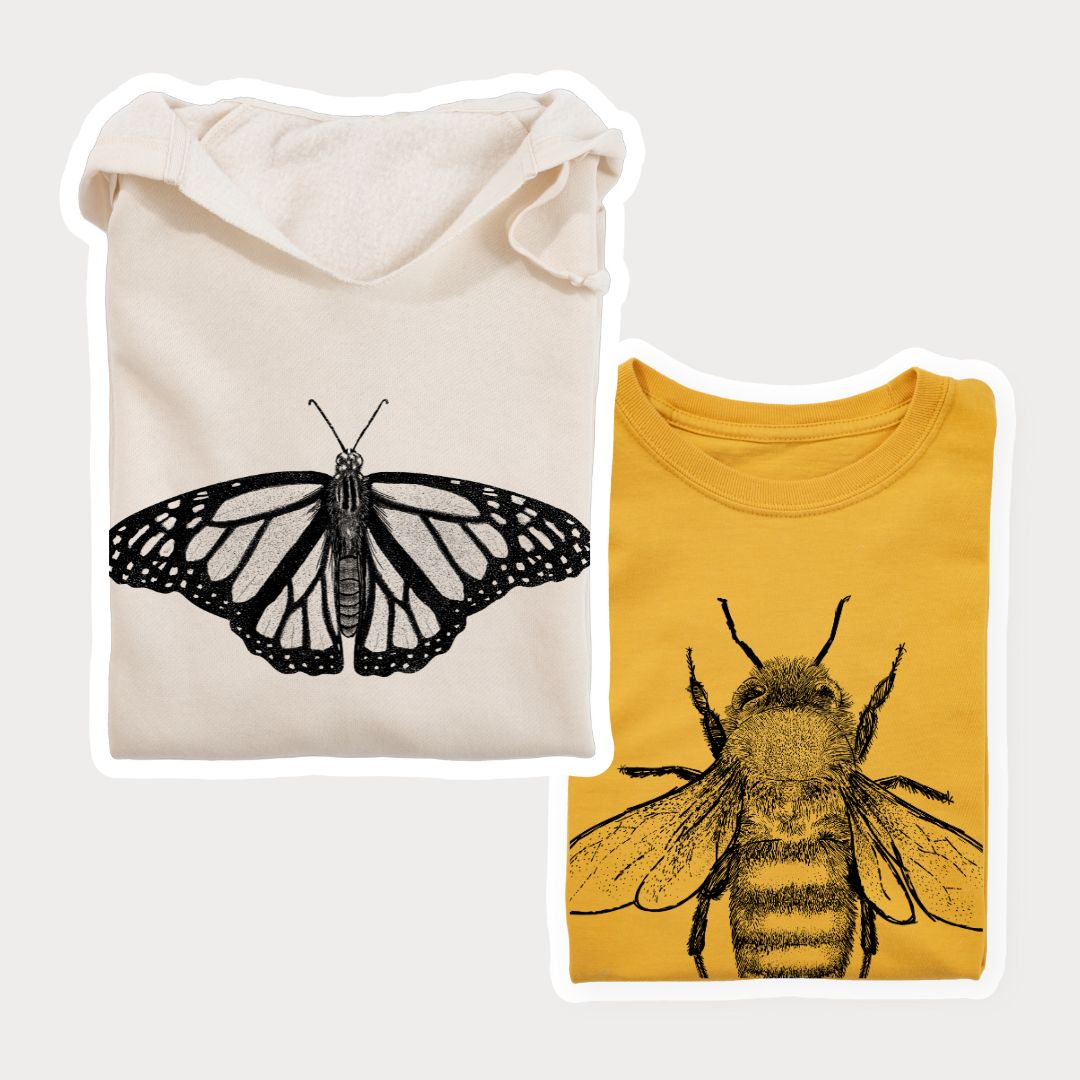

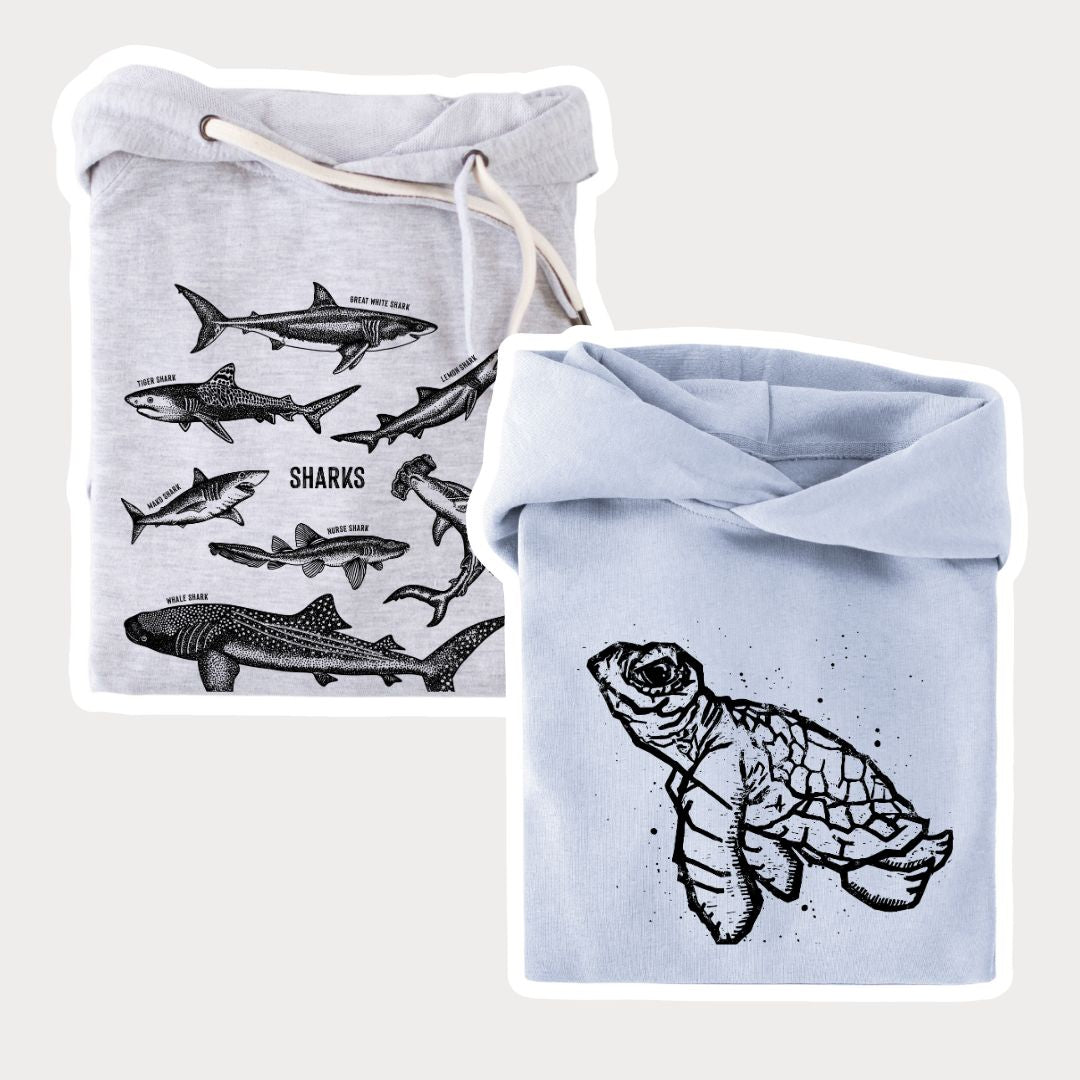
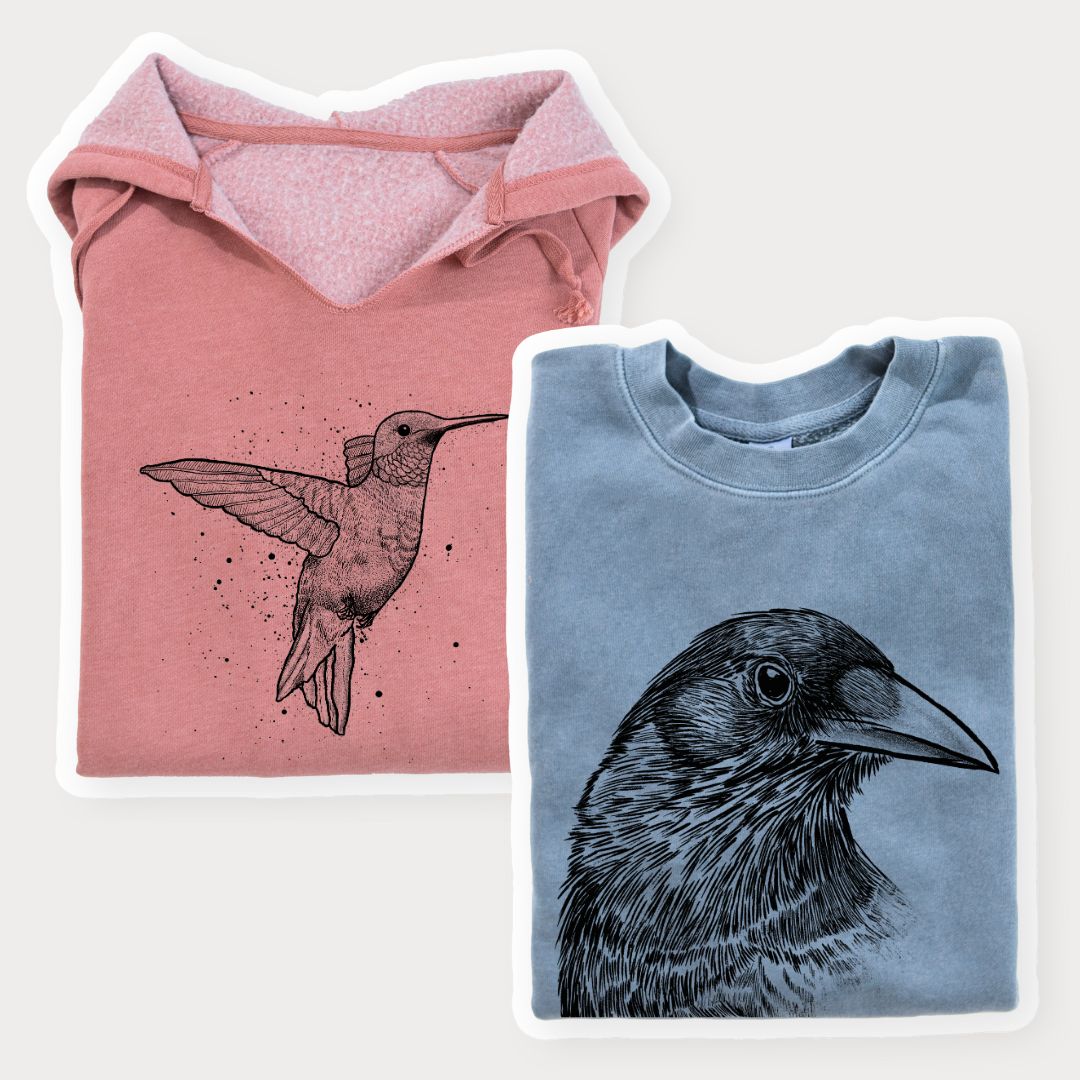
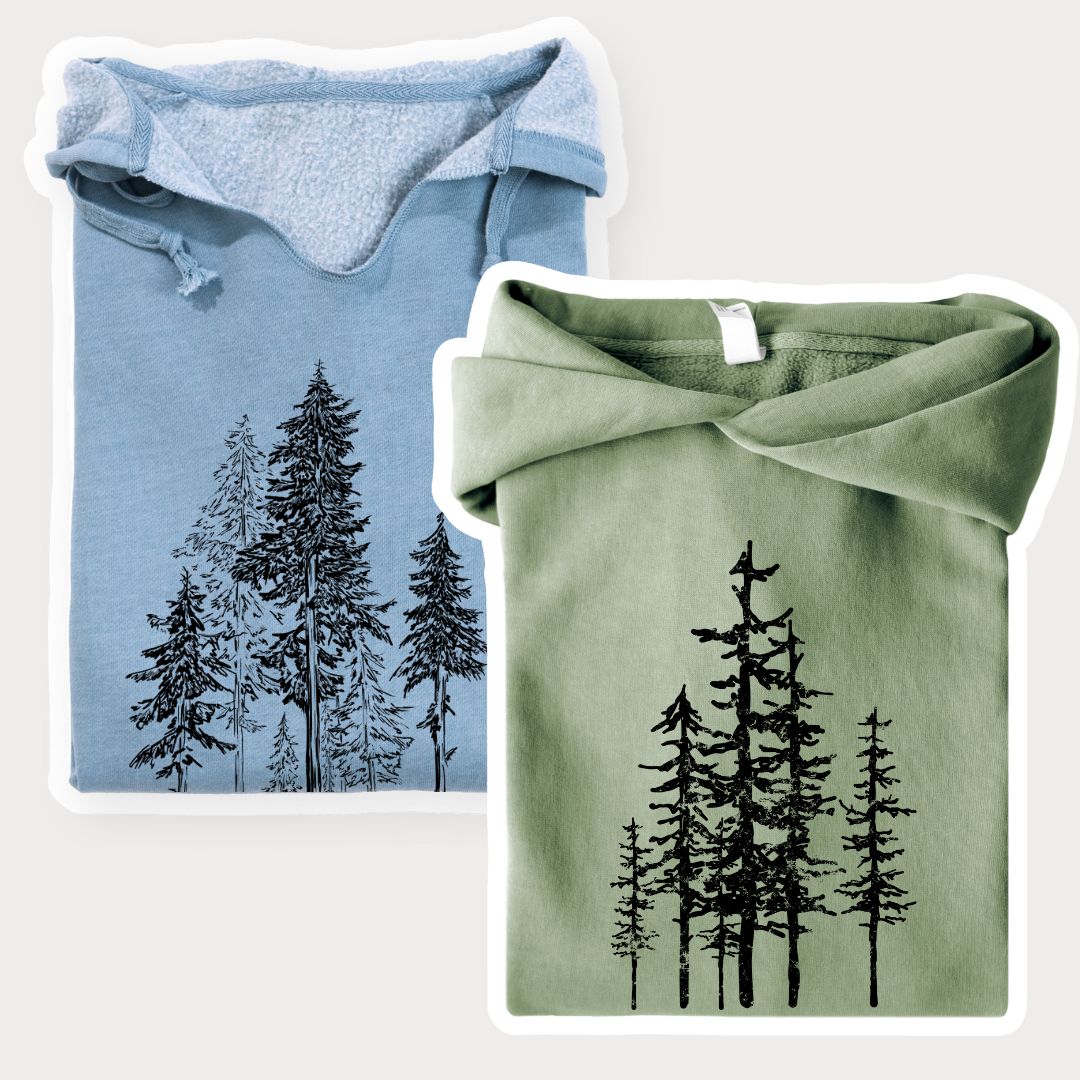
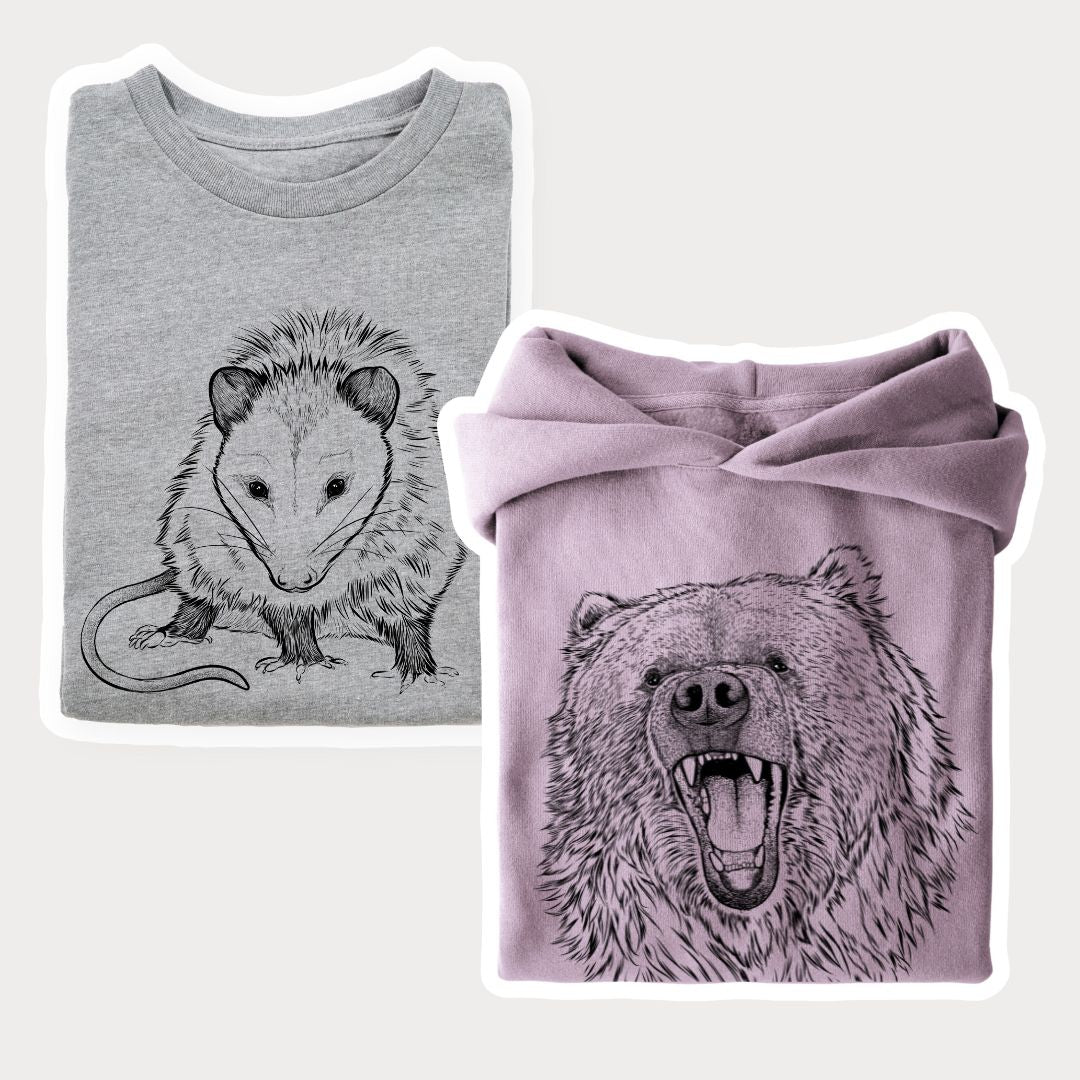


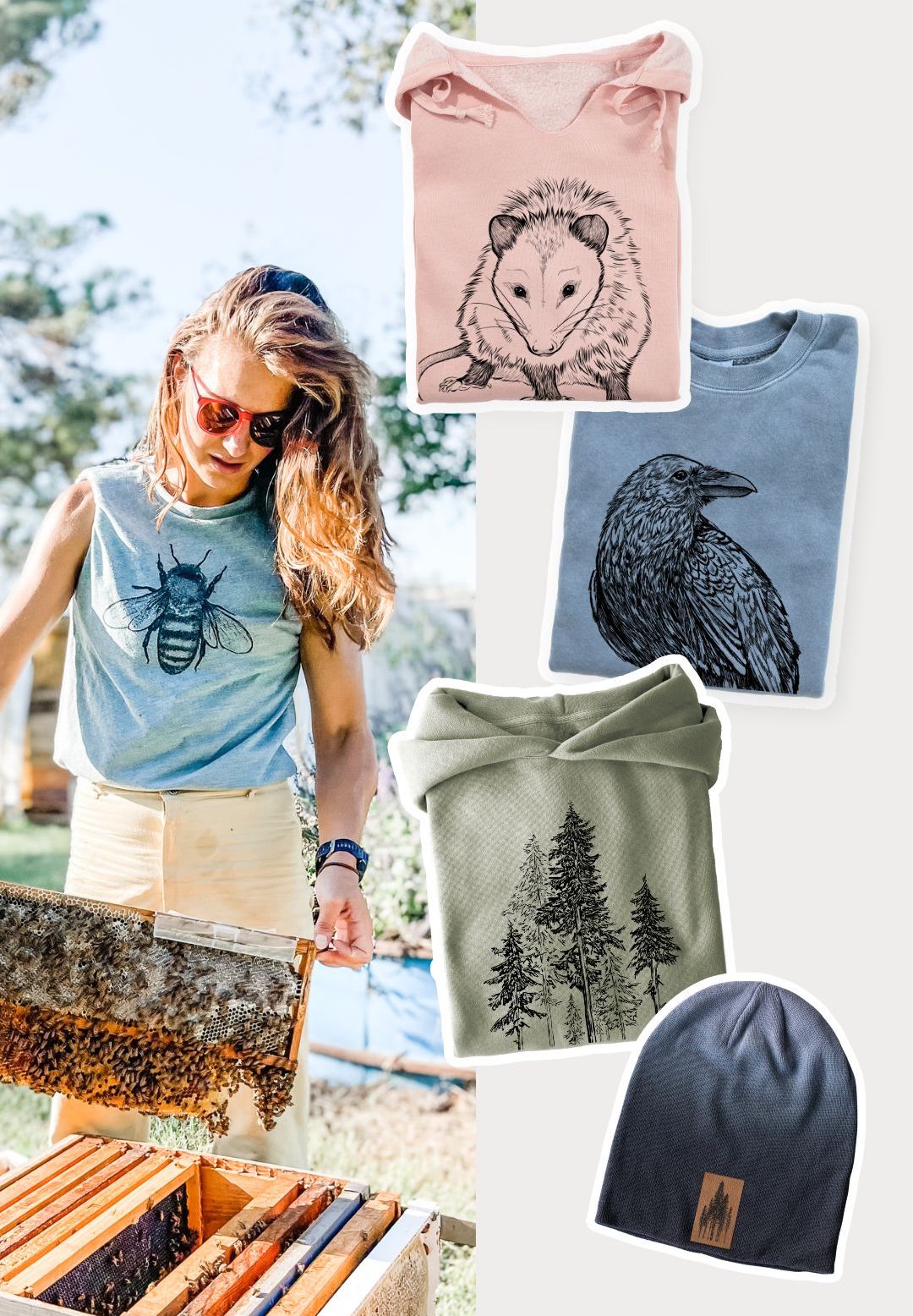

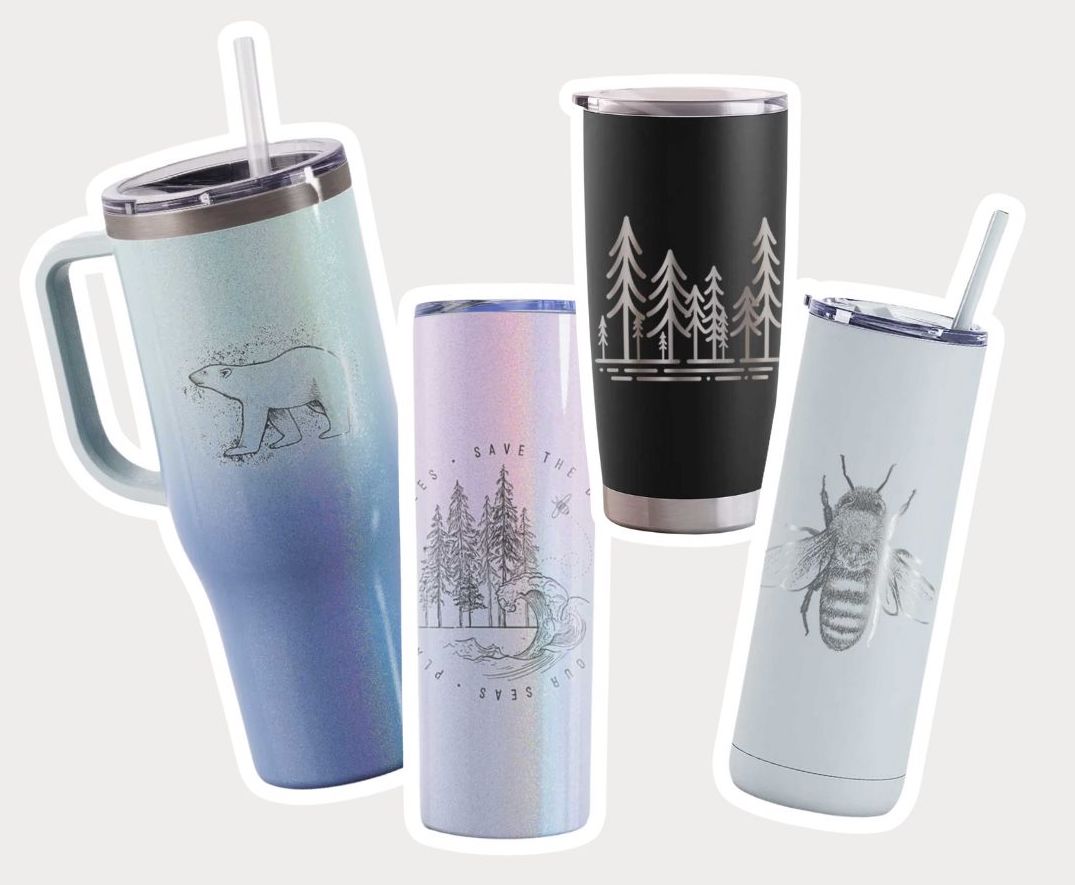
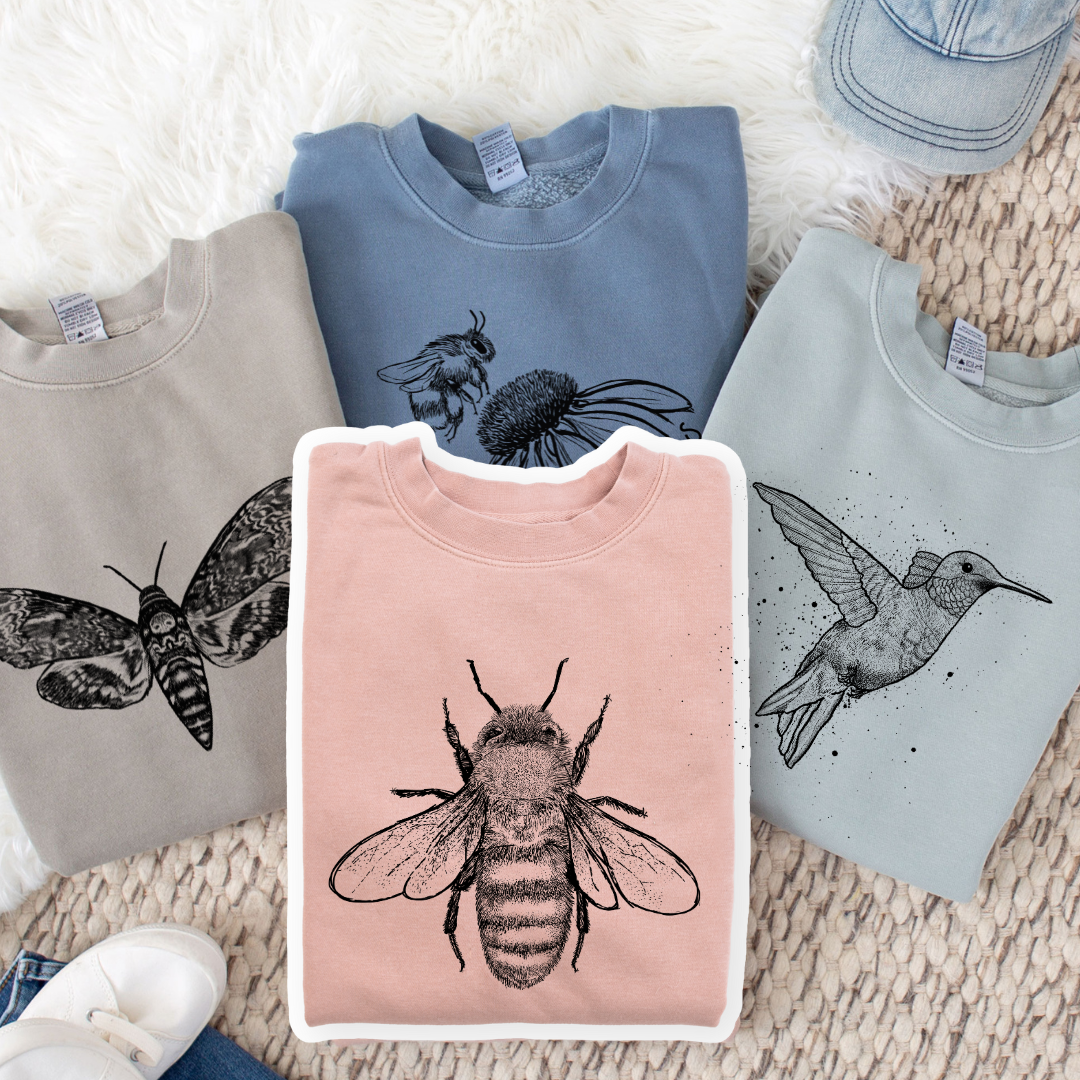

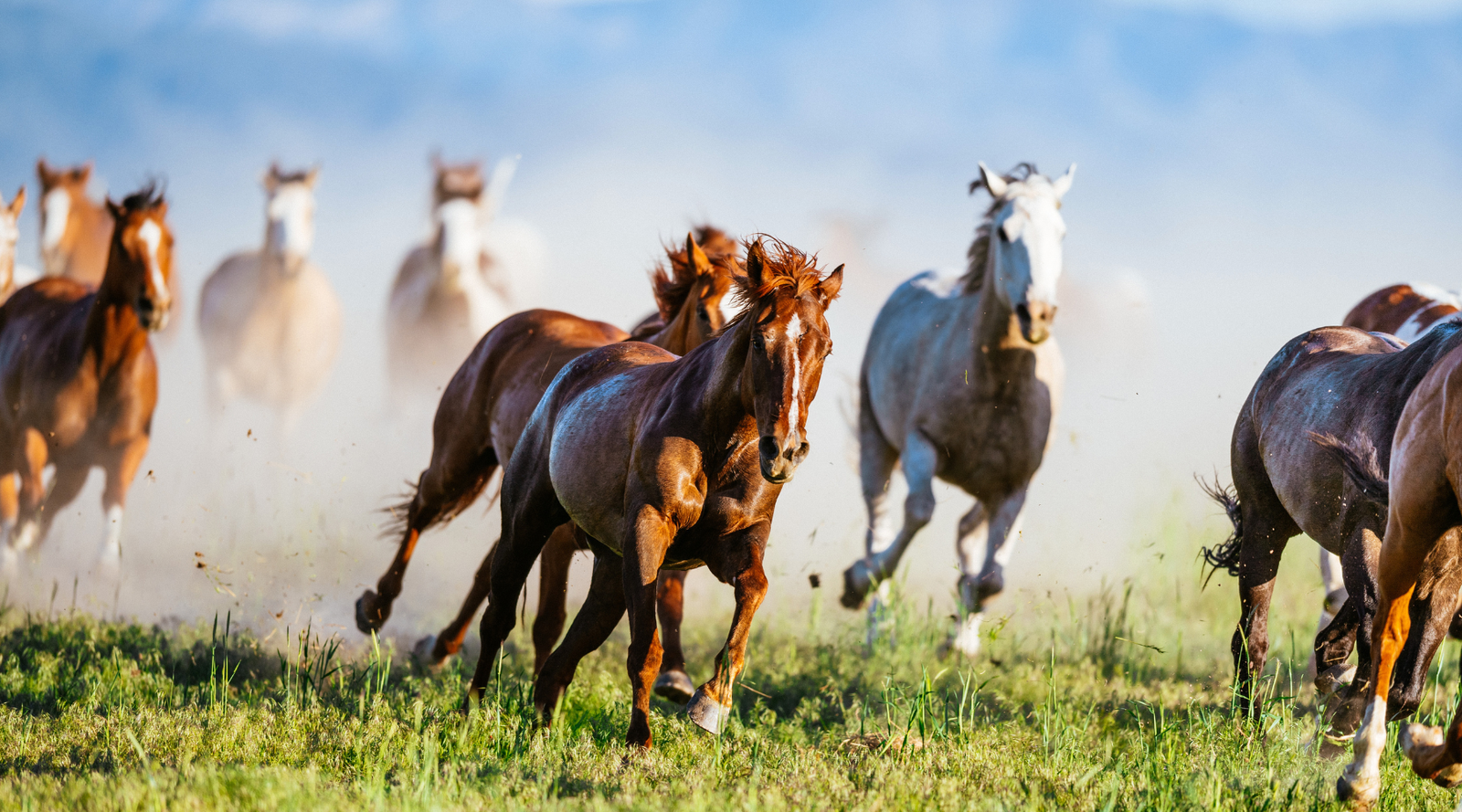
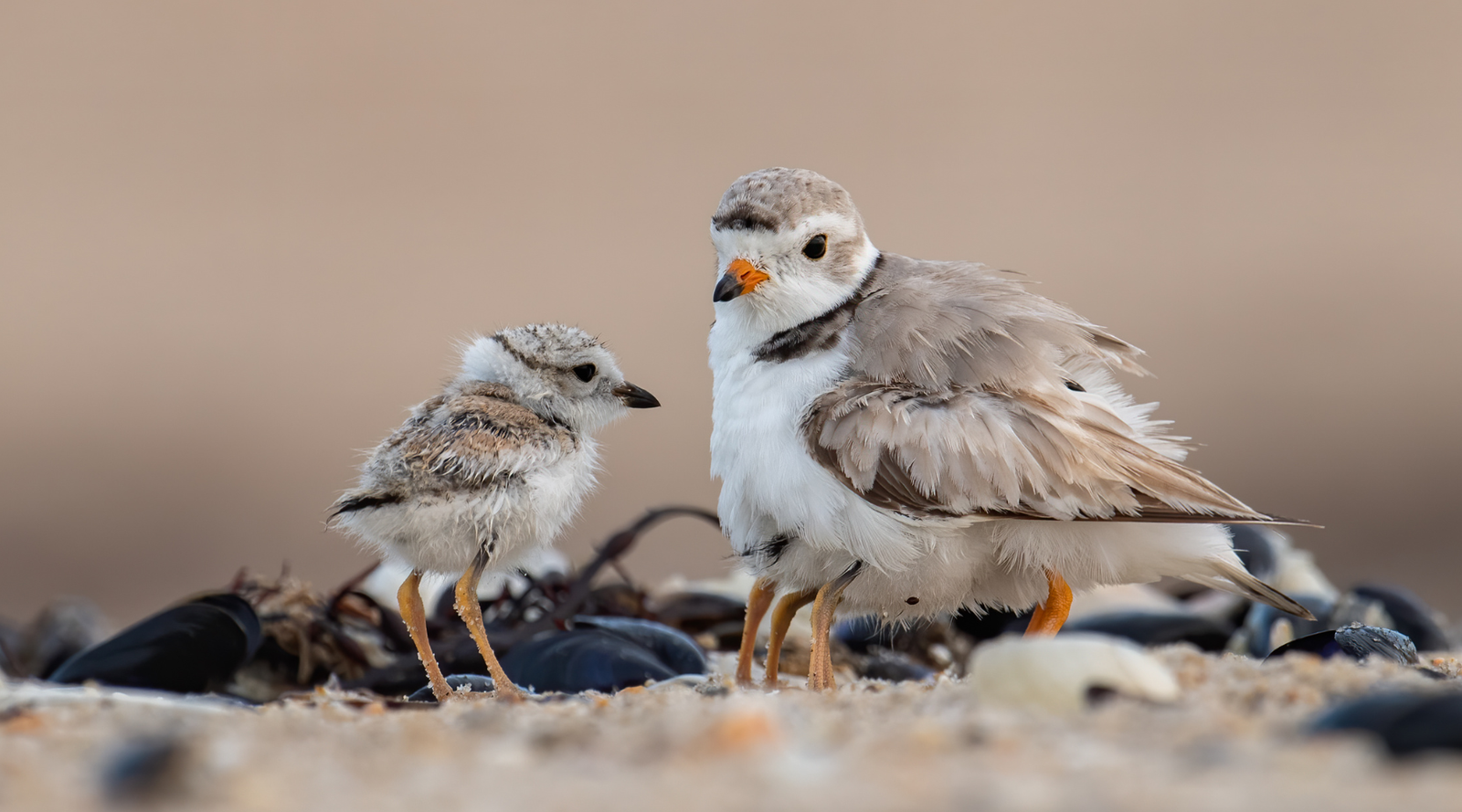
Leave a comment (all fields required)